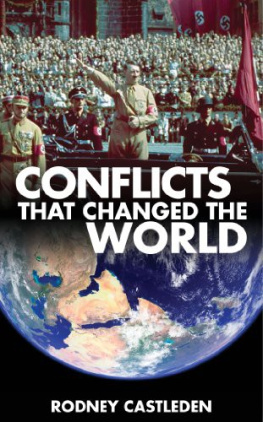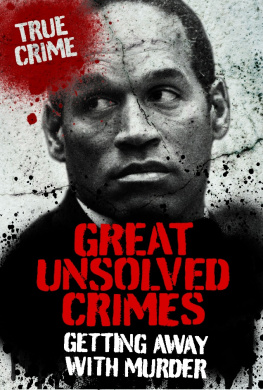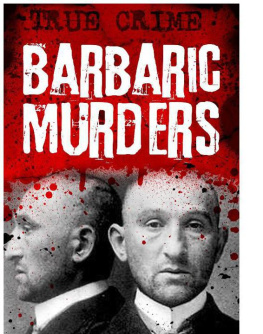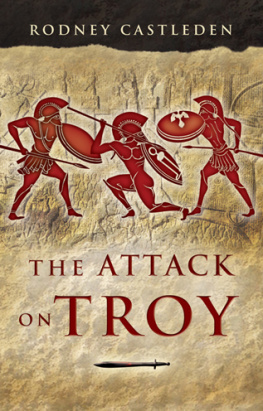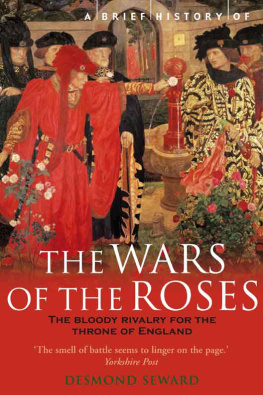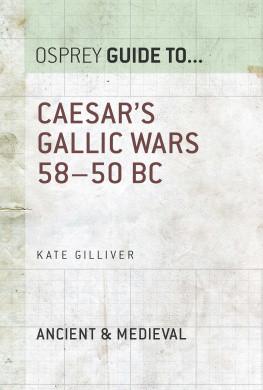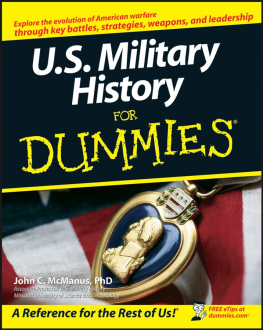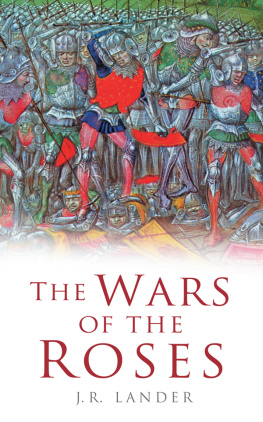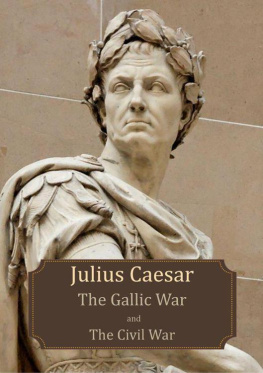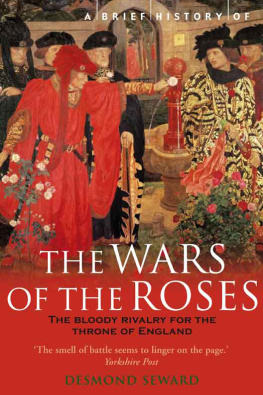Conflicts that Changed the World
Rodney Castleden
Published by Canary Press eBook Limited at Smashwords
Copyright 2013 Canary Press eBooks Limited
Copyright
2011 Canary Press eBooks Limited
This 2011 edition published by Canary Press eBooks Limited All rights reserved. No part of this publication may be reproduced, stored in a retrieval system or transmitted by any means, electronic, mechanical, photocopying or otherwise, without the prior permission in writing of the publisher.
The views expressed in this book are those of the author but they are general views only, and readers are urged to consult a relevant and qualified specialist for individual advice in particular situations. The author and Canary Press eBooks Limited hereby exclude all liability to the extent permitted by law for any errors or omissions in this book or for any loss, damage or expense (whether direct or indirect) suffered by the third party relying on any information contained in this book.
Cover & internal design
Anthony Prudente on behalf of Canary Press
More titles from Canary Press eBooks
Discover more at www.canarypress.co.uk
CONTENTS
INTRODUCTION
As far back in time as we can see, there has been conflict. Archaeologists have found evidence that people were fighting each other in the Stone Age. The late neolithic settlement built on Crickley Hill in the Cotswolds in 2500 bc was surrounded by earth banks; and those ramparts were crested by wooden palisades which look distinctly defensive why build ramparts unless you expect somebody to attack you? There were entrance gaps in the ramparts which were presumably closed by timber gates. At each of the entrance gaps, archaeologists found lots of arrowheads sprayed into the interior of the settlement in a fan-shaped pattern, and further in along the line of a street. The settlement was also burnt down. This gives us clear evidence of an incident of tribal warfare, an attack by one group of people wielding torches, bows and arrows on another, fighting to get into a fortified enclosure, firing arrows in through the gates to kill or drive back the defenders, and setting fire to their thatched huts. This is a glimpse of a specific conflict, an armed assault that happened at a particular place on a particular day, 4,500 years ago. Such sharply focused glimpses of long-past conflicts are very rare. The reason for that attack long ago on Crickley Hill can only be guessed at, but in archaic societies tribal warfare has often been triggered by conflicting claims to resources, such as water or land, or by breaches of etiquette, such as failure to pay or return a dowry.
In the Stone Age, the conflicts must always have been small in scale, because the societies themselves were small in scale. As communities have expanded, so have conflicts. Over the centuries, with advancing communications and transport and weapons technology, the scale of conflict has increased. The most conspicuous increase in the scale of warfare came in the 19th and 20th centuries. The Industrial Revolution brought with it an industrialization of warfare; the invention of a range of enabling technology allowed an escalation of war. One classic example of this is Lord Kitcheners use of an early machine gun, the Maxim gun, at the Battle of Omdurman in 1898. Using this advanced technology enabled Kitchener and his army to kill 10,000 African warriors while losing only 48 of their own men. Kitchener gave a speech after the Battle of Omdurman, thanking the Lord of Hosts for the victory. Really the victory was not down to the Lord of Hosts but to the inventor Hiram Maxim, whose machine guns had enabled a force of 25,000 men to defeat an army twice its size.
The earliest named battle seems to have been the Battle of Megiddo, from which we take the ominous word Armageddon. That took place as early as 1479 bc. The Battle of Kurukshetra, which is central to the Hindu epic Mahabharata , may be mythical or it may be historical. It was, according to the epic, part of a dynastic power struggle between rival clans, the Kauravas and the Pandavas, for the throne of Hastinapura. The culminating battle was alleged to have lasted 18 days and involved huge armies from all over India. Some scholars think, from astronomical details incorporated into the epic, that the battle took place in 3100 bc, but others think it took place in 1200 or 1250 bc; the later date would put it at round about the same time as the Trojan War, which occupies the same territory in the European warfare tradition, halfway between myth and history.
Whatever the reason for going to war, it is a surprising gamble in view of the uncertainty of the outcome and the enormous risks that flow from defeat. Why do successive generations of political leaders opt for war, given its disastrous history and its enormous cost in money, lives, property and human suffering?
Sometimes the motive is personal aggrandizement for the leader, and we can see the wars of Alexander the Great and Napoleon as examples of this ego-driven warfare. Sometimes the motive is indirect; a political leader wants to rally a nation behind him (or her) for electoral reasons and points to a foreign threat, real or imaginary. At least one British Prime Minister, Lord Palmerston, falls into this category.
Sometimes conflict is an integral part of a nations culture; it certainly became so in ancient Greece, with complicated interactions among city-states striving for supremacy, and polarizing round a long-term power struggle between Athens and Sparta. Sometimes the prospect of large-scale economic gain, such as the mineral resources of the Middle East, is irresistible. Sometimes the conflict is motivated by the basic need to subsist. The Mycenaean states of ancient Greece were based on small pockets of fairly fertile lowland surrounded by dry and unproductive mountains. Poorly resourced, the Mycenaean elites resorted to warfare, raiding foreign cities, often on the other side of the Aegean, to supplement their resources. They were engaged in piracy, though no doubt glamorized it among themselves in the way Homer describes in the Iliad . The purely mercenary raids were given fake justifications in order to salve consciences; there is nothing like righteous indignation to fuel a war. In much the same way the invasion of Iraq was justified by President Bush and Prime Minister Blair and their advisers in terms of military threat to the West the notorious weapons of mass destruction even though they must have known that the threat was non-existent. Sometimes wars are wars of faith and the motive is ideological: Islamic zeal in the eighth century, Christian extremism in the Middle Ages, the capitalist-communist polarization in the Cold War, the conflict between Western materialism and Islamic fundamentalism in the so-called War on Terror. And when ideology is involved, alarmingly the cost no longer matters.
There are many reasons for conflict. There are also many reasons for avoiding conflict. It goes almost without saying that hostility is unpleasant and makes life difficult. Probably all of us have encountered a hostile co-worker or neighbour, someone who opts for criticism, tension, opposition and confrontation, who picks a fight, rather than trying to be cooperative and friendly. Life is pleasanter and more enjoyable without conflict. Without it we can concentrate on life-enhancing activity. Conflict is also likely to generate casualties. Even the small-scale individual conflicts escalate to a point where someone gets hurt or property gets damaged. The large-scale armed conflicts that are the main focus of this book have caused horrific lists of casualties and unimaginably large-scale damage to cities, industries and infrastructures. Then there is the cost in cash. War is ultimately an impoverishing activity, often cripplingly so. The following selection of figures shows the scale of the losses, using America as an example.
Next page
